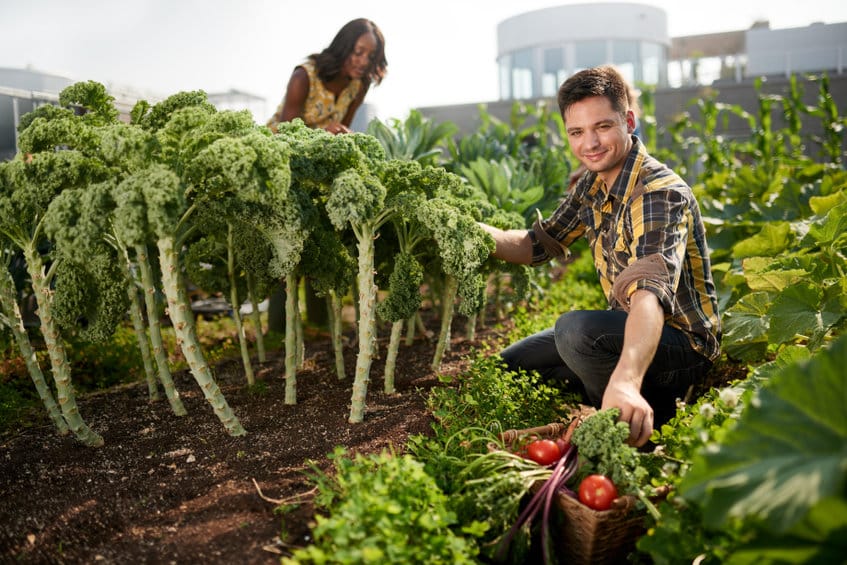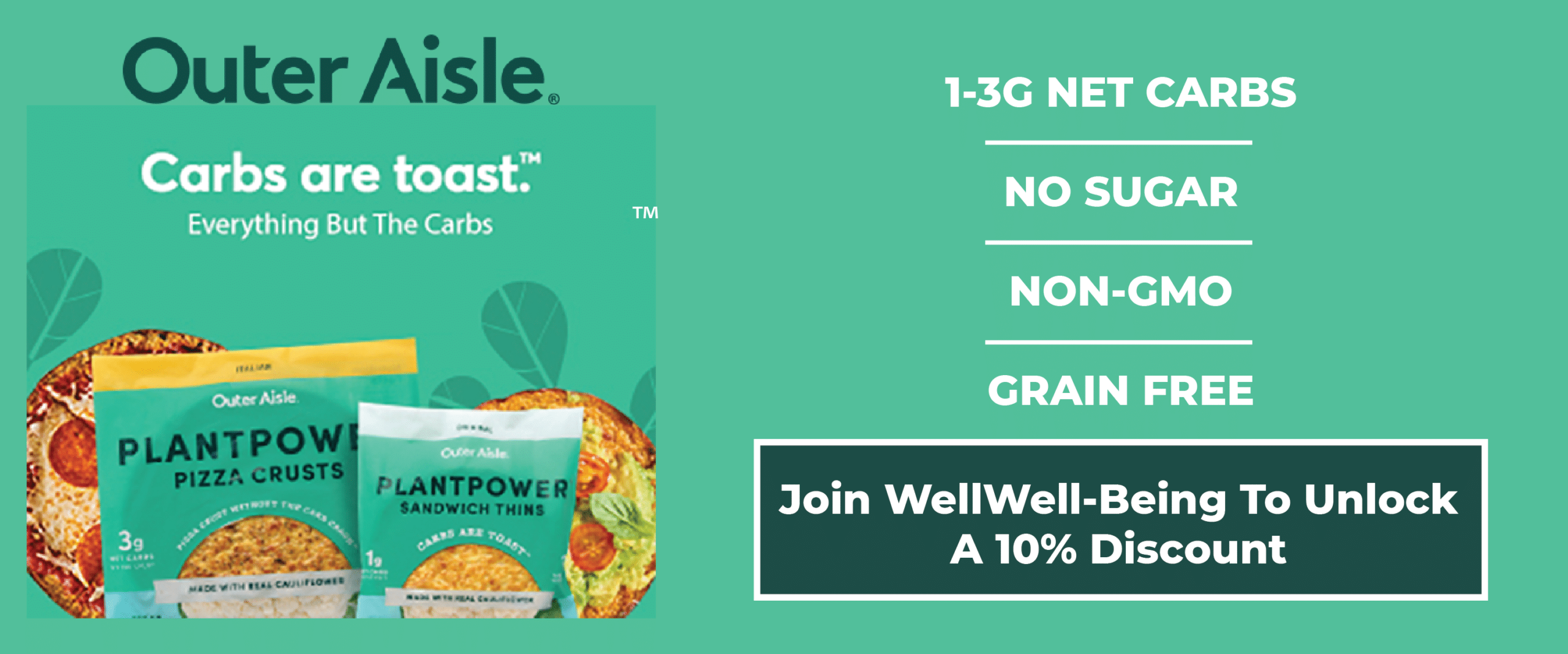Spring is finally at hand and that means, among other things, would be gardeners will start venturing outside to plant their tomatoes, annuals and maybe even more perennials. It’s a win-win for both the gardener and virtually anyone that comes across these blooming plants and flowers. But what if these spade-carrying enthusiasts could have an even wider impact on their communities and maybe the world.
It may be possible—and it could be significant—at least according to some British academics and gardening enthusiasts. In fact, they claim that their country’s local gardeners have the potential to grow enough produce by themselves in existing plots and green spaces to meet a significant portion of Britain’s dietary needs, boost the county’s collective health and reduce reliance on fruit and vegetable imports. Don’t knock the Brits for thinking this way. After all, the country has been obsessed with flower and vegetable gardens for centuries for both their beauty and nutritional benefits.
Playing off this interest, researchers from England’s Lancaster University worked to determine if the country held sufficient green space, such as private gardens, parks and other recreational areas, to produce enough produce to feed local populations. The question is more than just academic busywork as Britain relies heavily on produce imports to cover about one-third of the country’s needs. This dependence became particularly worrisome in the wake of supply chain disruptions caused by Brexit and the pandemic.
“Britain is a densely populated country that is highly reliant on imported fresh fruit and vegetables and meeting the dietary needs of a growing urban population in a sustainable manner is a significant challenge,” noted Professor Jess Davies, the study’s Principal Investigator. “Finding ways in which Britain could increase food self-sufficiency is of increasing importance for securing our future food supply.
“Urban agriculture and more people ‘growing their own’ could play an important role in reducing our reliance on imports, and bolster resilience against disruptions in supply, without converting areas of nature to agriculture, or further intensifying farming. But it was not clear what the extent of that role could be at a national scale, until now.”
These British researchers discovered that if all country’s urban green spaces were converted to efficient food production, the country could increase fruit and vegetable production by 800 percent. Admittedly, they were quick to acknowledge that type of land use conversion and production isn’t likely for a host of reasons. But their research did offer tantalizing possibilities for Britain and perhaps the U.S.
“These estimates are at the extreme upper limit for growing in British towns and cities,” admitted Dr. Lael Walsh, lead author of the study. “However, even if only a small percentage of this area is suitable and available for urban agriculture, it could still represent a significant contribution to national supplies of fresh fruit and vegetables. We found that urban green spaces are significantly under-used for food growing and that there is huge untapped capacity in our towns and cities for people to grow more given support through targeted national policies. This could prove to be beneficial for improving access to healthier foods as well as boosting wellbeing through better connectedness to nature.”
The U.S. has somewhat similar import patterns to Britain, although for somewhat different reasons. Currently, the U.S. imports almost two-thirds of its fresh fruit and one-third of its fresh vegetables, according to the University of California, Davis. This level may only increase as year-round demand for fresh produce coincides with beneficial trade arrangements with countries that export large quantities of fresh fruits and vegetables.
Obviously, the U.S.’s agricultural industry doesn’t want for space and by itself exports significant amounts of produce worldwide. Yet the size of power of the country’s agricultural capabilities doesn’t mean an increase in highly localized production of fruits and vegetables wouldn’t be a boost for some.
There are practical benefits involved in individuals growing more of their own produce in small batches, plus such an increase would lessen the impact of over farming in some areas. It might also address the growing problem caused by food deserts that can hurt and impact low-income neighborhoods. Individuals in these locales have limited access to fresh produce because of a dearth of stores and markets selling adequate quantities of fruits and vegetables.
Once again, urban and home gardens were seen as a potential solution. The University of California at San Francisco, in fact, developed research showing these gardens, along with more nutritional education, could go a long way towards tackling this problem. “This home-based model can play a vital role in urban agriculture and has the potential to directly impact health by tying the garden to the household,” explained the study’s lead author Dr. Kartika Pala of UC, San Francisco.
“Home and community gardens are complementary approaches to urban agriculture, together with promoting a more resilient local food system,” she added. There is yet another reason to start a home garden whether that’s in the country, suburbs or urban area. Working the land not only provides greater access to fresh produce for those involved, but it also gives these micro farmers a physical and emotional boost.














